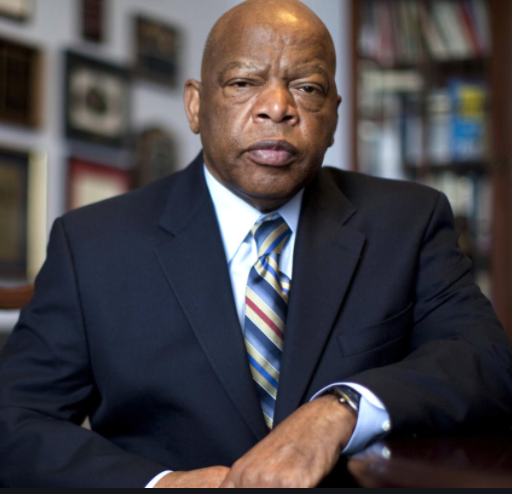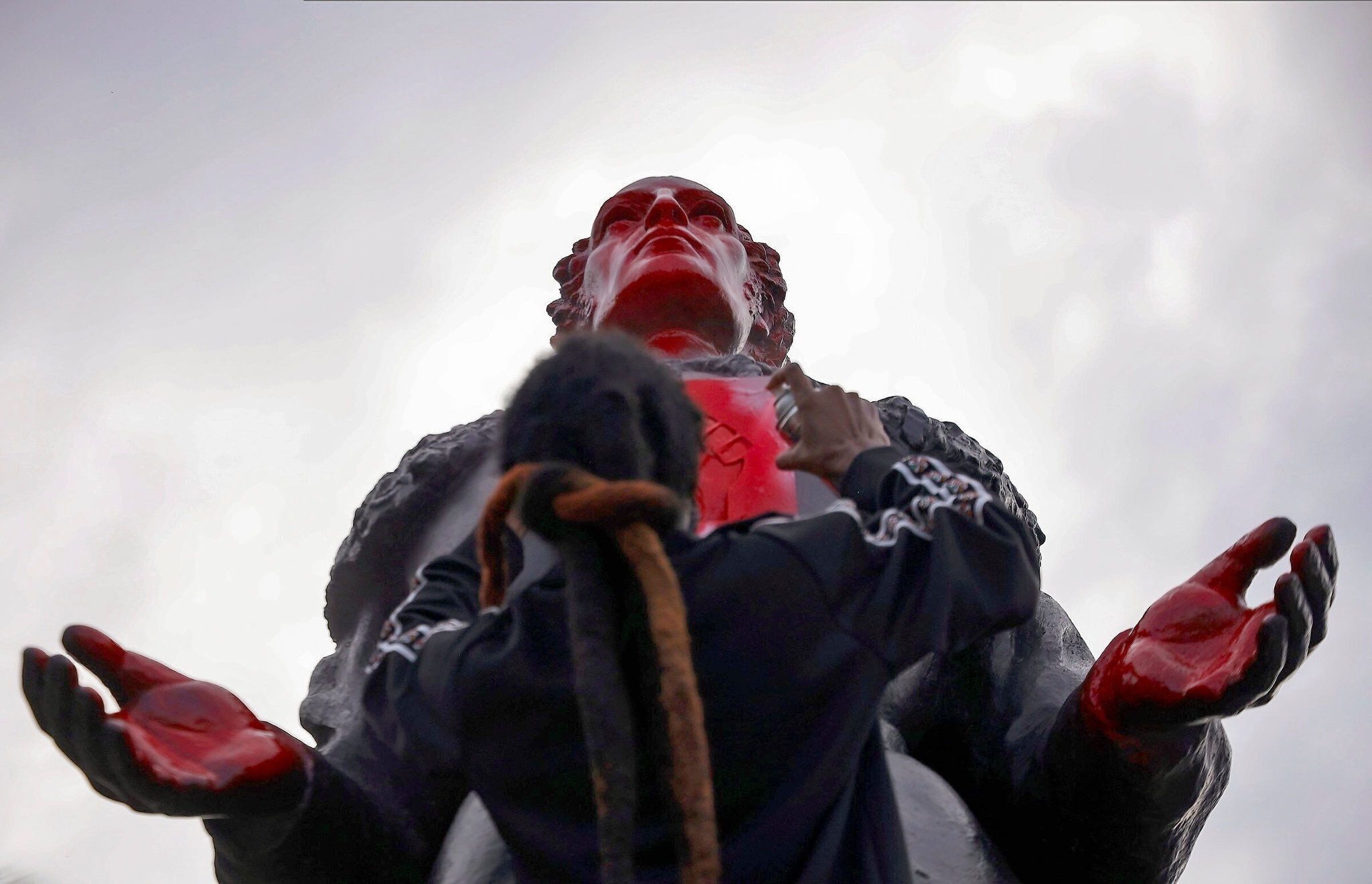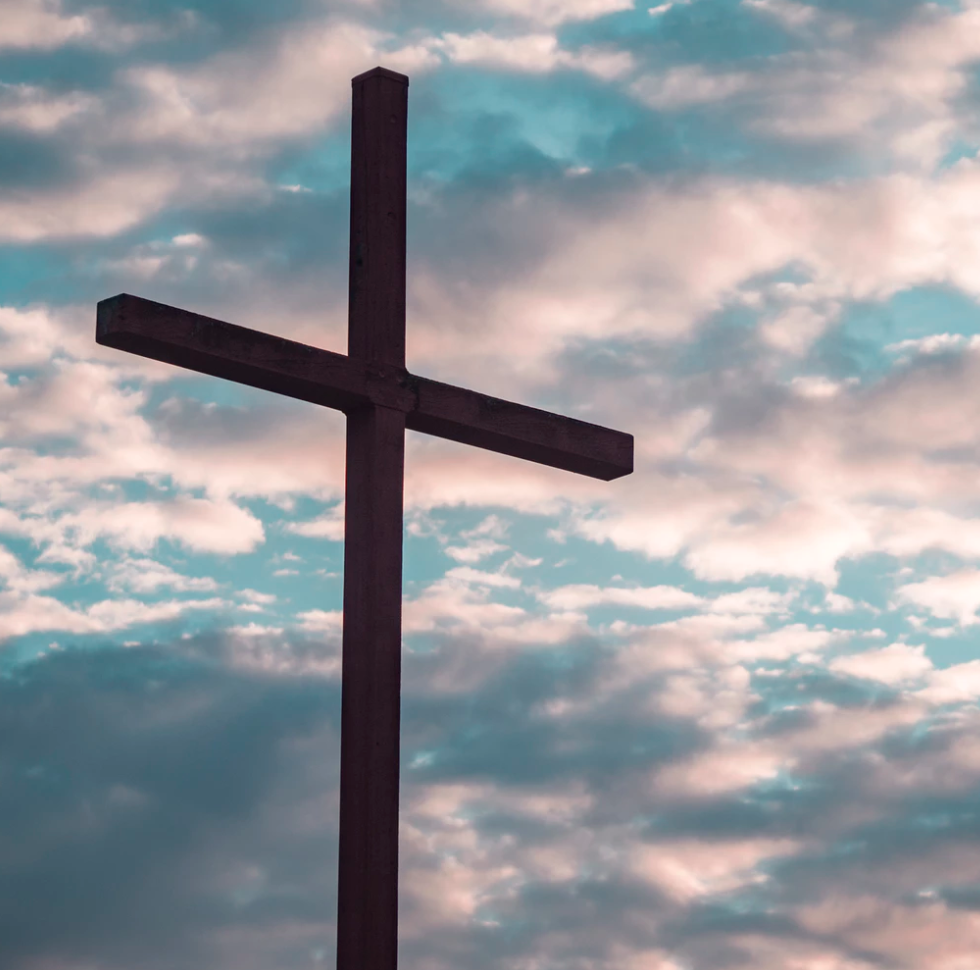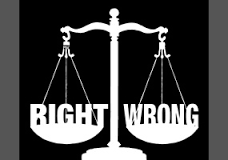One Progressive's Response to a Culture of Gun Violence
The lack of reasonable restrictions when it comes to guns is rooted in their obvious appeal; leading to their preponderance in staggering numbers in a culture that allows utter unreasonableness to pose under the guise of “protection of freedom” and individual rights. That’s why we will not simply legislate our way out of this one through reasonable debate, a half-baked compromise, or a better argument. As a society, we love our guns, and what they represent.
The St Thomas Collective provides a safe community for Biola students/alumni who find themselves doubting, frustrated, and spiritually homeless.
When asked in later years how I received my calling to ordained ministry, I used to joke that the burning bush for me was an incinerated draft card. But with a last name like ‘Bennison,’ (an old English word for ‘blessing,’ or ‘benediction)’ and the first name John (from the Greek"Ἰωάννης" or Hebrew "Yôḥānān" meaning ‘graced by God)’ what else was I to do with my life?
From the Greek word, hypocritis, the hypocrite is a ‘play actor.’ While misfortune is befalling us on a massive scale these days, true tragedy is the result of the hypocrite who has the choice to decide to act otherwise.
Though I am gone, I urge you to answer the highest calling of your heart and stand up for what you truly believe.
In Remembrance: Growing up the son of an Alabama sharecropper, John Lewis practiced preaching to the chickens; from whence he clearly developed his oratorical style. He matured and went on to devote a lifetime of service as the “conscience” of the Congress; often preaching, as it were, to a flock of chickens of another sort. But this time with a calmer, constant, steady and unwavering voice.
Along comes the dispute over the monuments of famous historical figures now considered worthy by some of being knocked off their high horses. It is a reminder for us all to reconsider just who, or what, each of us believes is of such monumental importance and value that we would elevate it to a place of prominence. For those who would follow claim to be followers of a Jesus figure of our own understanding, one might do well to reflect on whatever “divine” attribute one might accord such a revered figure.
As reactions to racial inequities have boiled over once again in recent days, the question is now repeatedly asked whether or not our country has at long last reached a tipping point? For those of us who are persons of white privilege, we are not guilty for the sins of our forebears, but we are responsible. We can’t change the past, but we can take hold of the present, and – for the sake of our national fabric that is so tattered and torn -- amend our lives and our social order, going forward. How?
A Rationale for Religious Ritual When the Rationality of Words Fail Us
When there is an absence of conscious symbolic ritual, what happens with such a lack of awareness about the power that signs and symbols play in our lives, and the depth or richness of value and meaning they provide? How can we otherwise express what is ultimately inexpressible?
Restoration of a Vision from the Christian Faith Tradition
What might constitute an adequate improvement to the world order? This commentary constitutes an exploration of this pesky, perennial question about "a better world" from the vantage point of one faith tradition, and in contemporary context. Its intention is not to offer novelty or any new revelatory insight, but rather to remember and restore a perspective that lies at the heart of a biblical gospel tradition; based on the teachings of a pre-Easter human Jesus.
In a late night session on February 7, 2017, during Jeff Session’s confirmation hearing for U.S. Attorney General, just weeks after the inauguration of President Donald Trump, the United States Senate voted to silence Senator Elizabeth Warren after she read comments made decades earlier by Edward Kennedy and Coretta Scott King that criticized the civil rights record of Senator Sessions. Warren was censured because Senate Rule XIX prohibits ascribing "to another senator or to other senators any conduct or motive unworthy or unbecoming a senator." To silence her, Senate Majority Leader Mitch McConnell led a party-line vote that forced Senator Warren to take her seat and refrain from speaking. McConnell later said “Senator Warren was giving a lengthy speech. She had appeared to violate the rule. She was warned. She was given an explanation. Nevertheless, she persisted.”
And [Jesus] said to them, ‘Take care! Be on your guard against all kinds of greed; for one’s life does not consist
Nowadays we talk about what’s real and unreal as real (news) or fake (news). But it’s all based on establishing some set of principles or criteria that one can assert is believable, or not. But when the ground shifts beneath what one once considered solid conviction, what’s left? Are there any underlying fact, principles or life experiences upon which one can still say, “This I believe. Always have, and always will?” Note: this commentary includes a review of Jack Spong's latest book, "Unbelievable: Why ancient Creeds Nor the Reformation can Produce a Living faith Today."
Affirmations and Confessions of a Progressive Christian Layman - by Ed Taylor
Between Birth and 30 Unfortunately, the Gospels do not provide us with much information about Jesus’ early life.
Conscious Aging organizations encourage elders to contribute their time, energy, wisdom, and experience in “giving back” to the world. So when I retired, I was surprised by how much resistance I felt to getting involved.
Saying Goodbye to “God” in Sacred Text
What good is “God?” We know well how much violence is committed in the name of “God.” If we were to delete both our traditional Western word and notion of “god” from both our speech and thinking, what are the implications for such things we ourselves know and experience to be true in our own human experience? I’m talking about conceiving of such things as love, compassion, mercy, grace, reconciliation, forgiveness, even absolution, redemption, and salvation. Part one in this series considers a scripture text considered sacred, but noticeably absent is the presence of any deity.
The idea of “God” has been problematic for as long as the notion existed. As a result, “God” has admittedly been for me a direction; but neither a destination, nor even a companion along the way any longer. As the poet suggests, if the notion of “god” is directional movement from a former past to the present now, then perhaps it is the time to leave the “G” word behind. What does that mean?
While young people today are movers and shakers, reformers and influencers, seeking voice and empowerment through protest and organization, our activism is largely restricted to political and social spheres. We will boycott products from a company that exploits labor, hold signs and march in the streets for the rights of immigrants, but we generally do not seek to reform the religious institutions of which we are a part.
The Emmaus Experience of Transformation
The Emmaus legend is about both the inevitability of change and the possibility of transformation. … In all the swift and varied changes of this world, the elusive goal of converting hearts and minds remains optional.
Jesus rises up whenever the conspiracy of love rises up, whenever compassionate and courageous acts of the kingdom of God are present, whenever the reign of love is made manifest in this life. Following Jesus is a response to his call to establish justice and peace in the world.
Reinhold Niebuhr's brother, H. Richard, argued for faithfulness to the example of Jesus's nonviolence, while Reinhold believed this was naive and unrealistic in an imperfect world. H. Richard was the purist to the Christian faith, believing that following the Golden Rule, no matter the consequences, is what Jesus and God called us to do -- the success of the mission being in God's hands rather than our own. Reinhold, however, looked at the more practical side of things, substituting his or the world's idea of what was possible and changing his ethics accordingly. H. Richard thus trusted more in the providential moral arc of history as M.L. King, Jr. , would call it rather than a realist's version of what humans believe is attainable given their corrupt nature. In essence, H. Richard focused on the power of God's grace to transform our spirits and the world for the better, while Reinhold accepted a more cynical view of our ability to be radically changed as a specie.
I distinguish between the “gift” of celibacy and the “call” to celibacy, which I will come to later in this post. The gift of celibacy is a debatable proposition. Is someone “blessed” with that gift or simply avoiding intimate relationships? Is it a rejection of God’s gift of sexuality and more broadly sensuality and embodiment, or a prioritizing of one’s energy and involvement and commitment?
When it comes to doctrine, we progressive Christians have nothing for which to apologize. We don't believe the old dogma that gets in the way of kindness, inclusion, science, and common sense. No wonder, then, that few of us know much about "apologetics", a major preoccupation of evangelical and fundamentalist Christians who memorize answers to the dozens of common objections to their doctrines.
What Happened: On November 8, 58% of voting-age citizens cast ballots in the presidential election. In 2008, when Obama was elected, 64% cast ballots. When all the ballots are counted, Clinton will have won the popular vote by at least a million. Trump won the electoral college by squeaking ahead in some of the swing states: he was only 68,236 ahead in Pennsylvania, for example.
esus taught that lust is as bad as adultery. Covetousness is as bad as theft. Anger is as bad as murder. His was an "argumentum ad absurdum" against anybody claiming to be morally pure, which was a real social problem in Israel in his time. The wealthy, leisured Pharisees used countless fussy purity codes to bludgeon into submission the mass of common people who could not afford the time and money to comply.
Your Legacy of Values
An ethical will, or legacy letter, is a way to share your values, blessings, life’s lessons, hopes and dreams for the future, love, and forgiveness with your family, friends, and community.
Another way that religion can do a body good is through the mindfulness practices that are embedded in it. It's no news that it's part of Buddhism. But for most Christians, it may come as a surprise to find that it has always been integral to contemplative prayer. You can't confess the truth of your heart unless you know what's in it.
Every time I enter into mindful prayer, I start by gazing into a mirror, dimly. A dim inner mirror, gazed at with dim inner eyes. Slowly I polish the mirror with loving, open, non-judgmental attention. My inner eyes begin to adjust and focus. And I begin to see not just the face I expect or want to see, but the whole picture of my thoughts, sensations, and urges - physically, mentally, and spiritually. Warts and stray hairs and happy smile and all! Behind the eyes that appear in the mirror I begin to awaken to the subtle eyes of the One who is doing the seeing. And then we begin to see, face to face...
Meaning plays an essential role in religion. Clearly understanding this role and applying meaning in sacred dimensions can significantly increase the meaning-yielding power of our Christian faith. It is possible and advisable to place meaning at the center of our faith. Perhaps Meaning-Centered Christianity is an appropriate guidepost for the new Progressive Christianity.
We’ve all heard the expression, “the God of Abraham, Isaac and Jacob,” but the information about Isaac in Genesis certainly places him in a subordinate position to his father, Abraham, and his son, Jacob. The first mention of Isaac was when God told Sarah that she would give birth to a son and that she should name him Isaac (which means “he laughs,” a reference to Abraham laughing when God promised him a son). Abraham, who was one hundred years old when Isaac was born, followed God’s command and named his son Isaac.




































